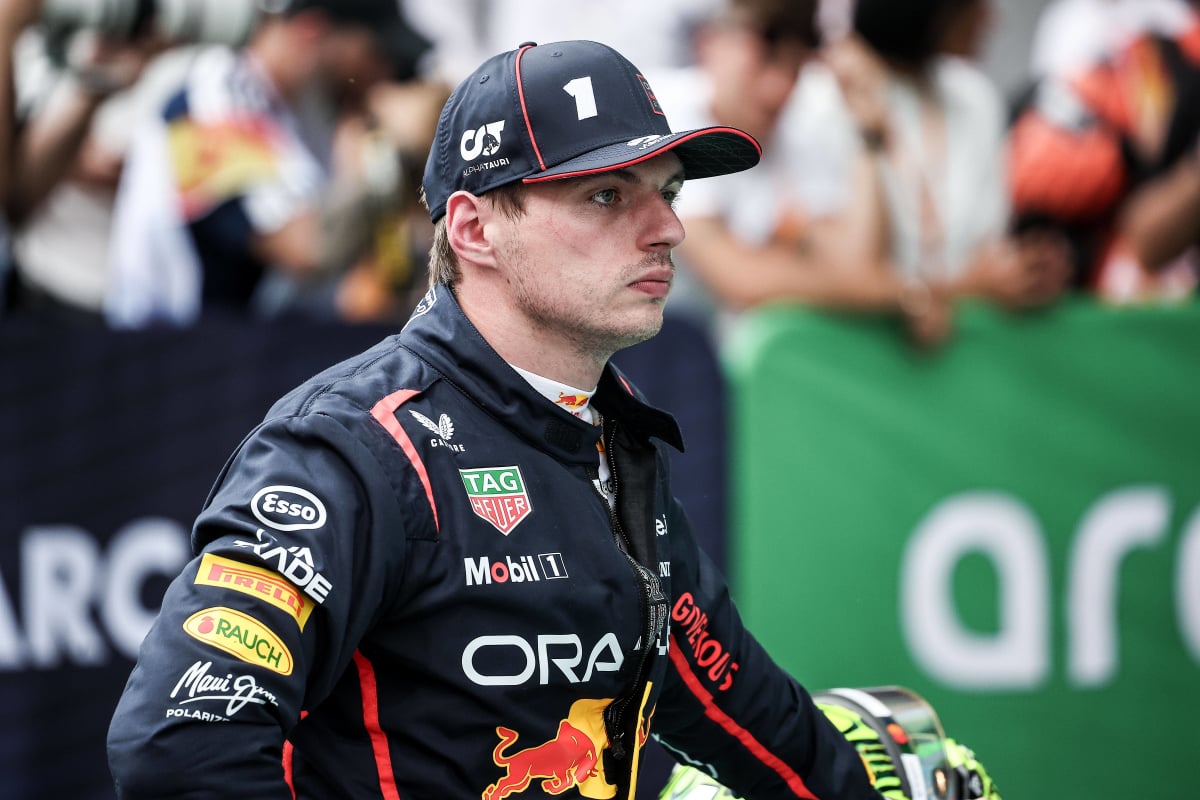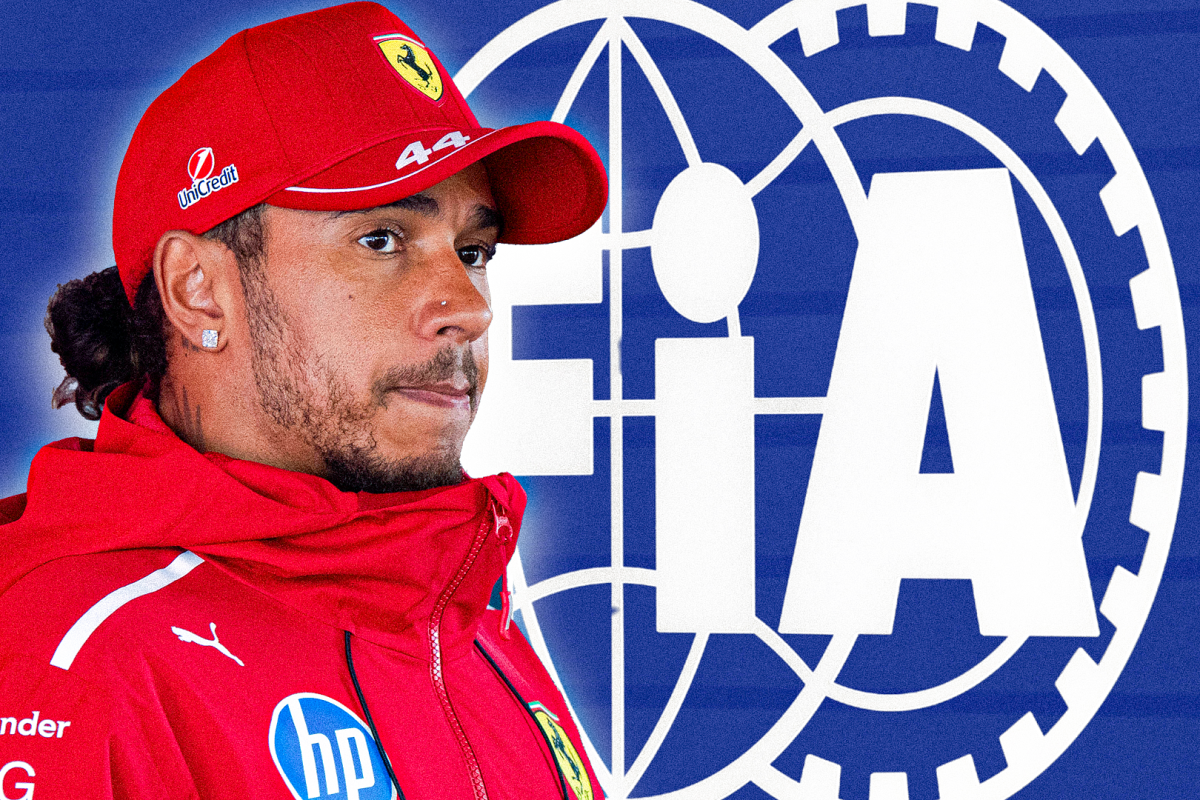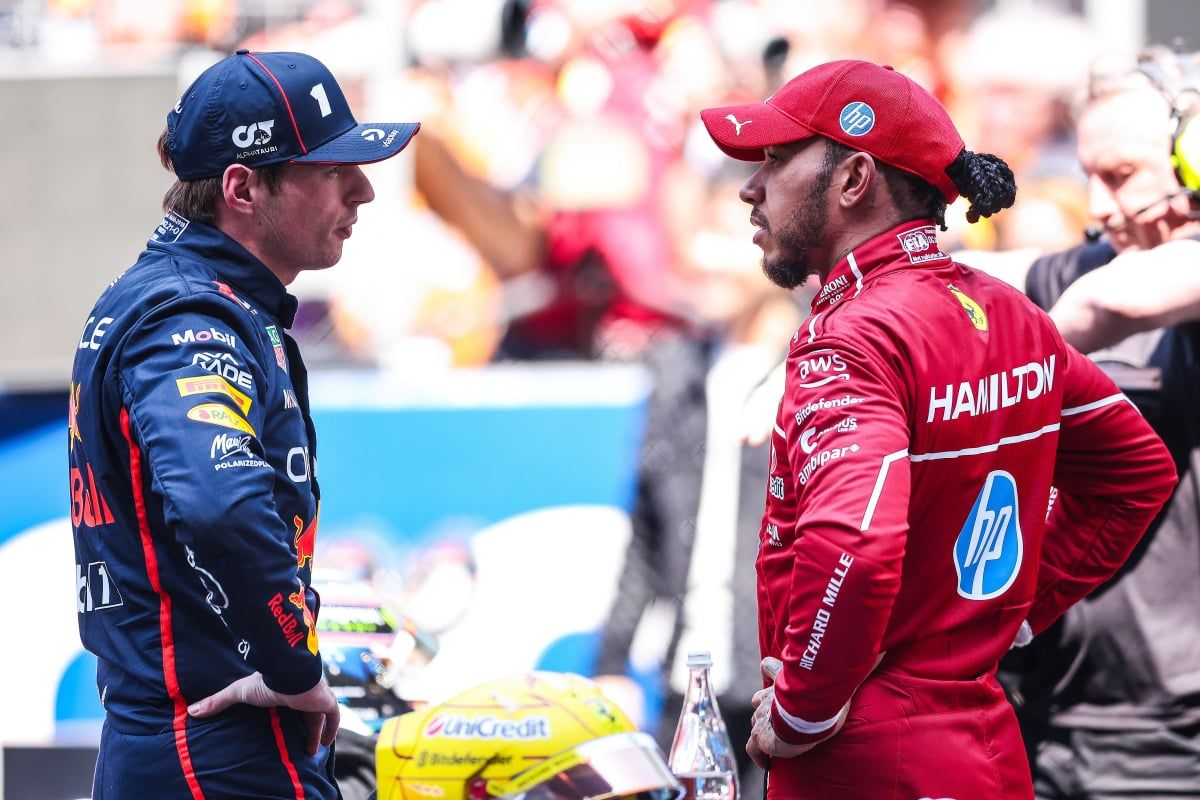Verstappen’s Apology Missing Two Key Words, Says F…read more
Max Verstappen has come under scrutiny following a collision with George Russell at the Spanish Grand Prix, which resulted in a 10-second penalty for the reigning world champion. While Verstappen has addressed the incident publicly, former Mercedes vice president Norbert Haug believes his statement fell short of what was truly needed—an explicit and direct apology to both Russell and the FIA.
The clash occurred during a dramatic segment of the race shortly after a safety car restart, where Verstappen made an aggressive move that led to contact with Russell’s car. Though not catastrophic, the move was considered reckless, and the stewards acted accordingly, penalizing Verstappen—a rare outcome for the typically iron-willed Red Bull driver. In the aftermath, Verstappen posted a message on Instagram acknowledging that his emotions had gotten the better of him, leading to a move that “shouldn’t have happened.” However, his statement stopped short of actually saying the words “I’m sorry” to Russell or the sport’s governing body.
Norbert Haug, a long-respected figure in Formula 1 circles and a major influence during Mercedes’ rise in the sport through partnerships with McLaren and the acquisition of Brawn GP, believes the omission is significant. Speaking to Sky Sports Germany, Haug emphasized that two simple words—“Sorry, George”—were noticeably absent from Verstappen’s statement. According to Haug, the lack of a direct apology diminishes the sincerity of Verstappen’s response.
“[The apology] misses two very simple words, right at the end: ‘Sorry, George.’ And maybe he can still apologise to the stewards. That shouldn’t have happened,” Haug said. “It’s a good start, but a nice ending is what makes everything, as we all know.”
He went on to elaborate that a more complete apology would not only have mended relations with Russell but also served as an acknowledgment to the stewards and the global fanbase watching the race. “That’s why I would have expected him to say, ‘I apologise to George, I apologise for my misconduct to the FIA, and to all the fans watching.’ He’s a person you admire, rightly so. He’s certainly the very best racing driver these days, and in a long time. And you have to behave accordingly.”
The omission raises questions about accountability and the expectations placed on top-tier athletes, particularly those at the peak of their sport. Verstappen, a two-time world champion known for his fierce competitiveness, is no stranger to controversy. While his admission of fault shows a degree of maturity and self-awareness, critics like Haug argue that owning up to one’s actions includes recognizing the people affected by them.
Despite the drama, the biggest consequence may be felt in the championship standings. Verstappen’s penalty and the subsequent loss of race pace have widened the gap between him and current leader Oscar Piastri, who now holds a commanding 49-point lead in the drivers’ standings. With each race playing a crucial role in the title fight, moments like these could prove pivotal.
The incident has sparked debate among fans and analysts alike: should Verstappen have gone further in his apology? While some believe his statement was enough, others agree with Haug that acknowledging fault without explicitly saying “I’m sorry” doesn’t quite close the loop. Whether Verstappen chooses to expand on his apology in the coming days remains to be seen, but what’s clear is that his every move—on and off the track—will continue to be scrutinized under the global spotlight that comes with being F1’s biggest star.




